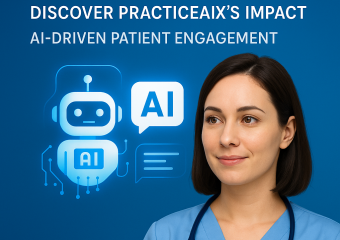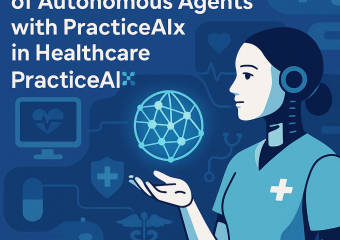Personalized Care Starts Here: How Genomics Is Changing Everyday Practice
Advances in genomic science are revolutionizing the way healthcare professionals approach diagnosis, treatment, and prevention. Personalized care starts here, embedded firmly in the understanding of each individual’s unique genetic makeup. As genomic technologies become more accessible and affordable, the integration of genomics into everyday clinical practice is transforming medicine from a one-size-fits-all model to a precision-based approach tailored to the individual patient.
The Foundations of Genomic Medicine
Genomics is the study of the entire genetic material of an organism, including all of its genes and their interactions. Unlike traditional genetics, which often focuses on single gene mutations, genomics opens the door to analyzing complex interactions and patterns within the genome that influence health and disease.
Personalized care leverages this information by identifying genetic variations that affect how patients metabolize drugs, predispositions to certain conditions, and likely responses to therapies. This allows healthcare providers to craft treatment plans specifically tailored to a patient’s genetic profile, improving outcomes and reducing adverse effects.
Transforming Diagnosis Through Genomics
One of the most profound ways genomics is changing everyday practice is through enhanced diagnostic accuracy. Genetic testing can reveal the root cause of conditions that were previously difficult to diagnose. For example, rare genetic disorders or atypical presentations of common illnesses can be identified early through genomic sequencing.
In oncology, personalized care facilitated by genomics enables the identification of specific mutations within tumors. This leads to the selection of targeted therapies that directly attack cancer cells bearing those mutations, rather than relying solely on generalized chemotherapy. As a result, patients experience better response rates and minimized side effects.
Tailoring Treatment Plans Based on Genetic Insights
Pharmacogenomics is a key component of personalized care that is rapidly gaining traction in clinical settings. This branch of genomics studies how genetic differences impact drug metabolism and response. Using pharmacogenomic data, physicians can determine the most effective medications and appropriate dosages for patients, avoiding the trial-and-error approach historically relied upon.
For example, some individuals carry genetic variants that cause them to metabolize certain blood thinners either too quickly or too slowly, significantly affecting drug efficacy and safety. By understanding these genetic factors upfront, clinicians can adjust prescriptions accordingly, reducing the risk of bleeding or clotting complications.
Preventive Healthcare Through Genomic Risk Assessment
Personalized care isn’t limited to treating diagnosed conditions; it also plays a crucial role in disease prevention. Genomic screening can identify individuals at high risk for diseases such as heart disease, diabetes, or certain cancers well before symptoms emerge.
Armed with this knowledge, patients and healthcare providers can implement lifestyle modifications, surveillance strategies, and preventive interventions tailored to the patient’s genetic risk profile. This proactive approach holds the promise of reducing disease onset and improving overall population health.
Integrating Genomics Into Everyday Practice: Challenges and Opportunities
While the potential for genomics to revolutionize personalized care is enormous, integrating genomic data into routine clinical workflows presents challenges. These include the need for specialized training for healthcare providers, ensuring patient privacy and data security, and interpreting complex genomic information accurately.
However, ongoing advancements in bioinformatics, decision-support tools, and clinician education are helping to overcome these barriers. As genomic databases expand and machine learning algorithms improve, the utilization of genomics in daily practice will become increasingly seamless and beneficial.
The Future of Personalized Care Starts Here
The combination of genomic medicine and personalized care represents a paradigm shift in healthcare. It moves beyond reactive treatment to a model that is predictive, preventive, and precisely tailored. From improving diagnostic precision to selecting optimal treatments and anticipating disease risk, genomics is redefining patient care.
Healthcare systems around the world are investing in genomic research and infrastructure, ultimately enabling clinicians to use genetic insights to improve health outcomes on a broad scale. For patients, this means more personalized, effective, and compassionate care — precisely what modern medicine strives to achieve.
Conclusion
Personalized care starts here, with genomics at its core. This powerful science is reshaping everyday clinical practice by providing individualized insights that enhance diagnosis, treatment, and prevention. As we continue to unlock the secrets of the genome, the future of healthcare is clear: a tailored approach that addresses the unique needs of every patient, improving lives one genome at a time.








